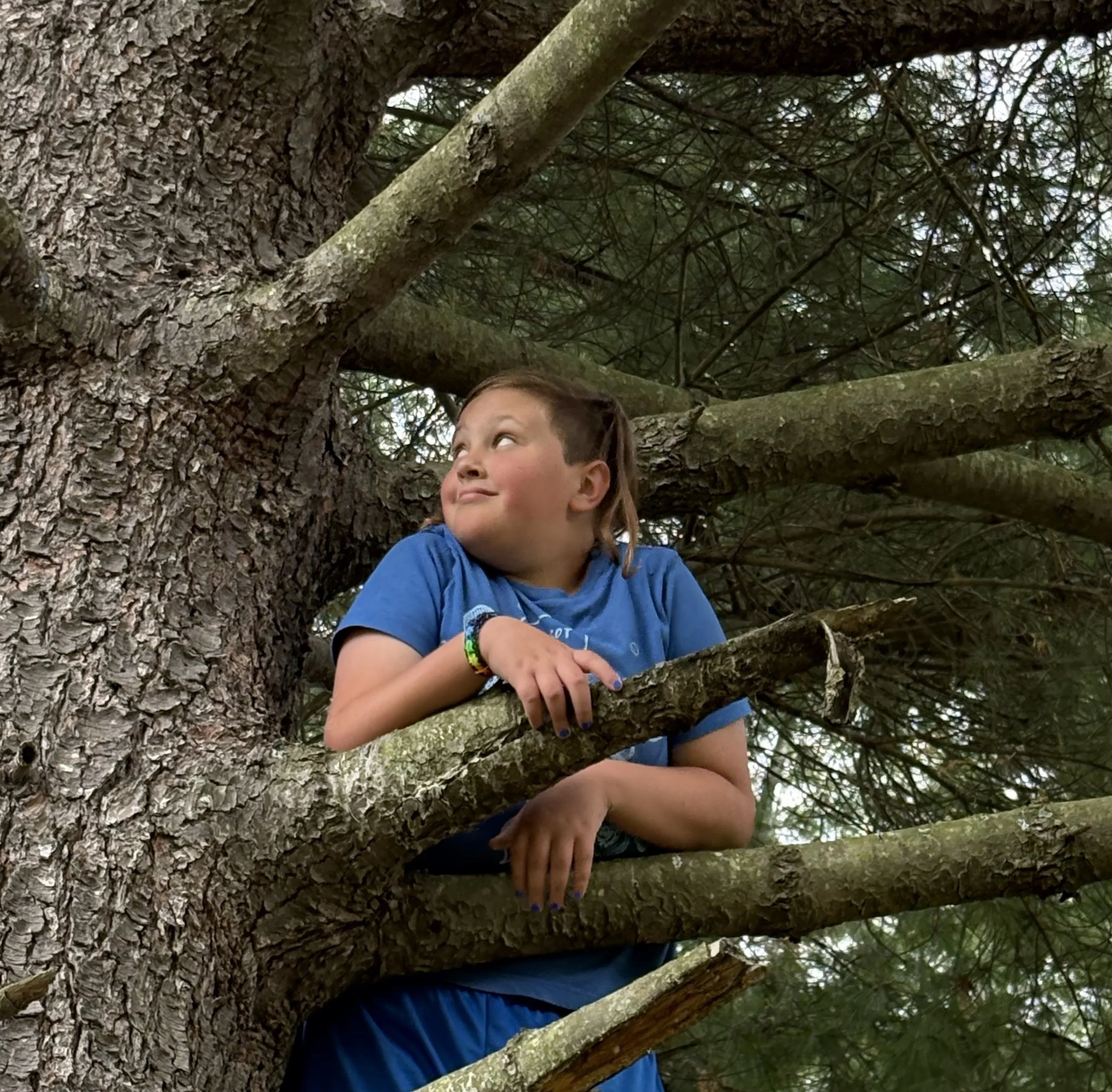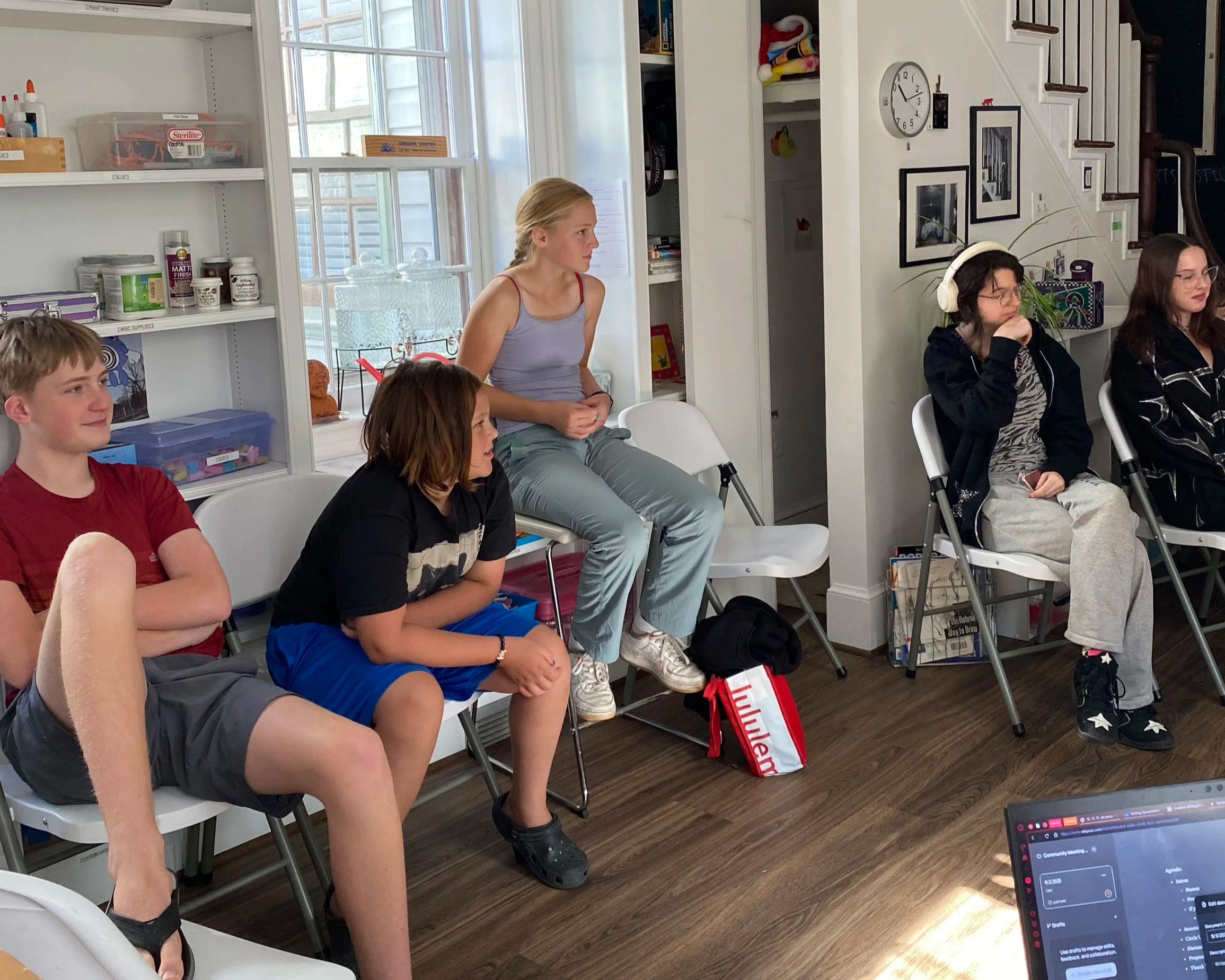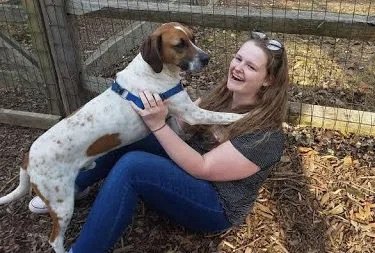
Journeys in Self-Directed Education
Why Self-Directed Education Is So Valuable for Neurodivergent Kids (Including Those With a PDA Profile)
Self-Directed Education provides the autonomy, flexibility, and consent-based relationships neurodivergent kids—especially those with a PDA profile—need to feel safe enough to learn. What these kids require for survival is what all humans need for well-being. When we reduce pressure and increase partnership, curiosity and resilience emerge naturally.
Democratic Education: Real-Life Learning for a Changing World
Conventional schools still train students for a world that no longer exists. Employers today prize creativity, collaboration, and critical thinking — yet school continues to reward obedience and compliance. Democratic education bridges that gap by preparing young people to live meaningful lives now while developing the skills our changing world truly needs: adaptability, empathy, self-direction, and shared responsibility.
When Freedom Meets Difference: Helping Kids Navigate “It’s Not Fair!” Moments
When families join Embark Center for Self-Directed Education, they expect freedom — but they may not expect the emotional work that comes with it. Here’s how encountering different family rules helps kids grow in empathy, resilience, and self-awareness.
Reimagining School Choice Beyond Politics
Families across the political spectrum are rethinking education. For some, it’s about giving their children the chance to thrive; for others, it’s about survival in environments that no longer feel safe or responsive. Yet the phrase school choice itself has become a political dog whistle—dividing the very people who could be working together. If we can move beyond partisanship, we can begin to build a broad coalition committed to freedom, accountability, and equity for every child.
What If My Child Plays Video Games All Day?
Parents often worry: “What if my child just plays video games all day?” At Embark Center, we hear this all the time. This post explores why video games aren’t the enemy, what kids are really gaining, and how to reframe the “worst-case scenario” into something far less scary. Most of all, it’s about trust—trusting your child’s curiosity, their growth, and their unique path.
The Unexpected Grief of Letting Go of School
Leaving school can bring unexpected grief. Parents and kids often find themselves mourning more than an institution — they’re letting go of schoolishness, the belief that grades define worth and that belonging comes from doing things “the right way.” This reflection explores the quiet ache of stepping outside the tribe of school, and how families move through loss toward new kinds of connection and growth.
The School-Age Paradox: When Kids Need Autonomy Most
We trust toddlers and adults to learn through curiosity and self-direction — so why not school-age kids? This post explores the school-age paradox, showing how free play, autonomy, and self-directed learning for kids prepare them not just for college and work, but for life itself. Discover why rigid curriculum is a poor predictor of the future — and why trusting children’s natural drive to learn matters more than ever.
"Are You the Number One Horse Hater" and Other Interview Questions for New Staff Members
Embark teens help hire staff through a student-led Hiring Circle—reading applications, interviewing, giving tours, and deciding as a community. Michael reflects on progressive ed vs. self-directed education and what it means to trust young people with real responsibility.
Corona Gap Year
During COVID, a family makes the case for a “gap year” of healing and growth—offering practical paths like volunteering, apprenticeships, certification, community projects, and deep dives—plus reassurance about returning to school if desired.
New to Self-Directed Education?
Start here: a curated list of self-directed education resources—videos, books, articles, podcasts, and organizations—to help families understand and begin.
Self-directed Education; It’s Not Just for Them
How self-directed education grows adults, too—Kara shares creating the Embark Cultural Outreach Program with a teen, turning shared passion for travel into real-world learning.











